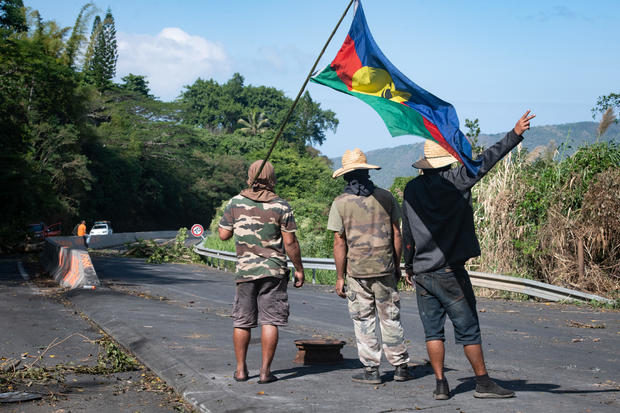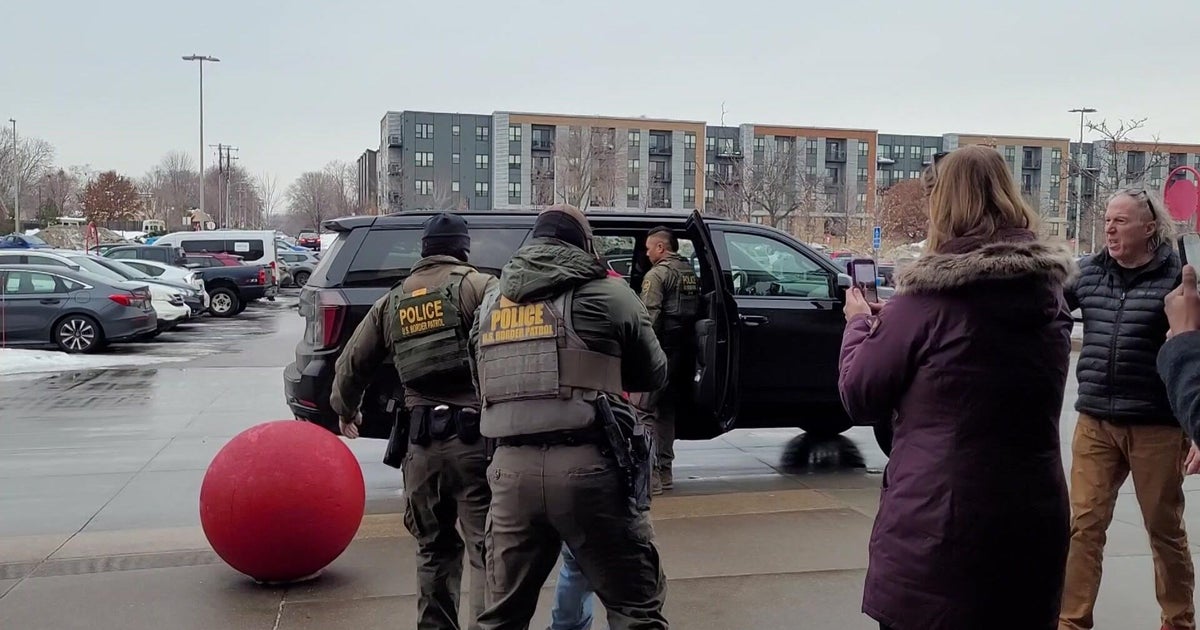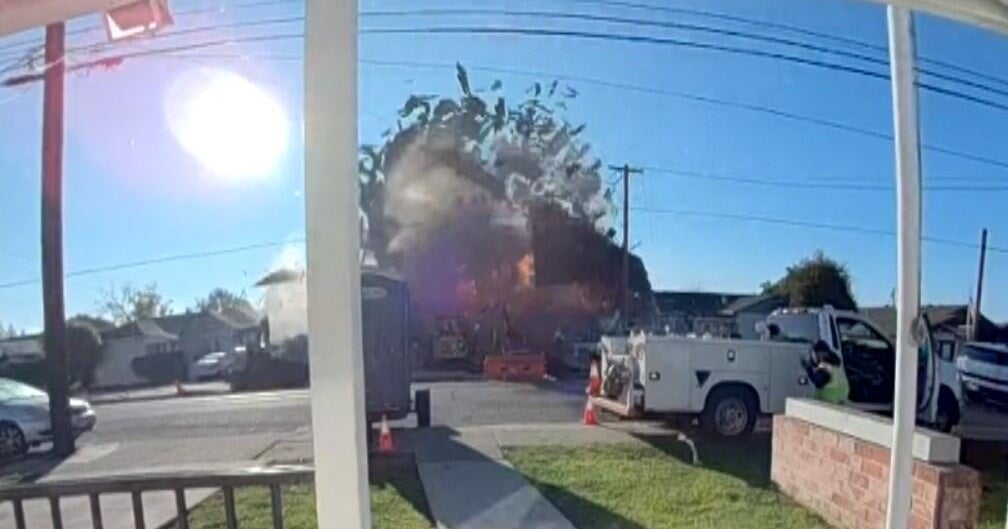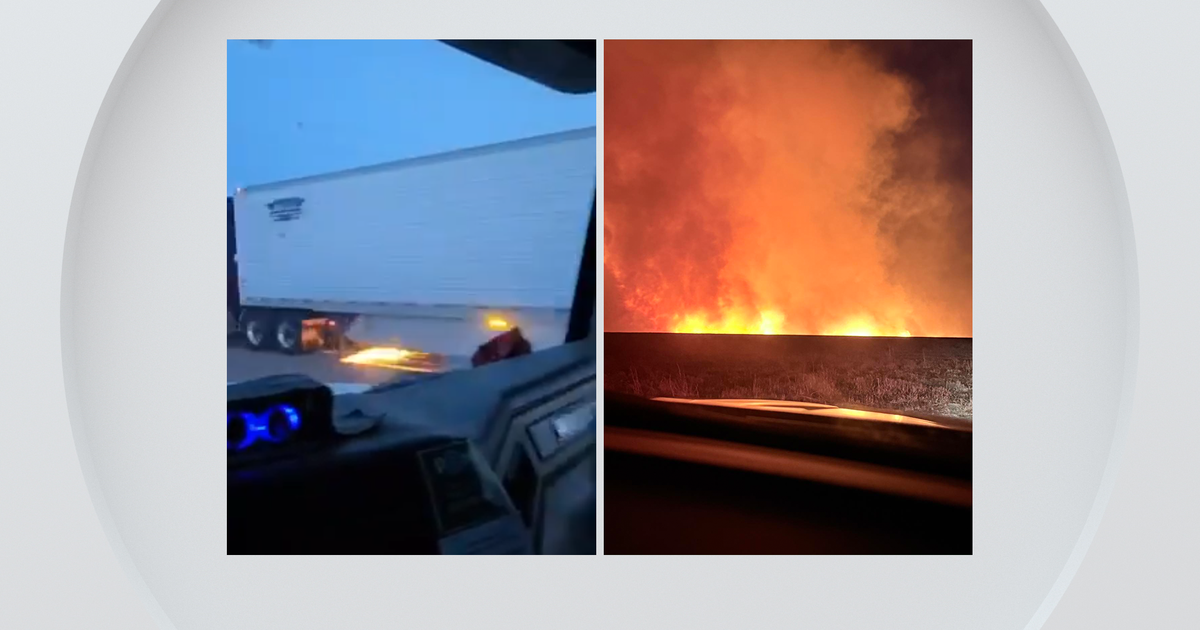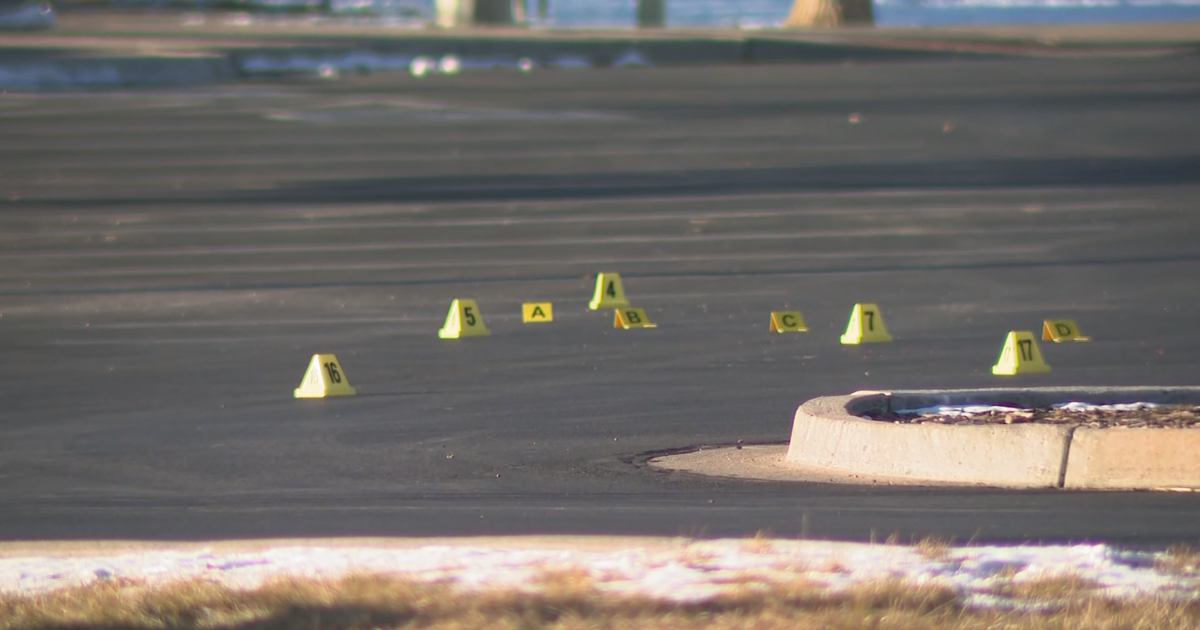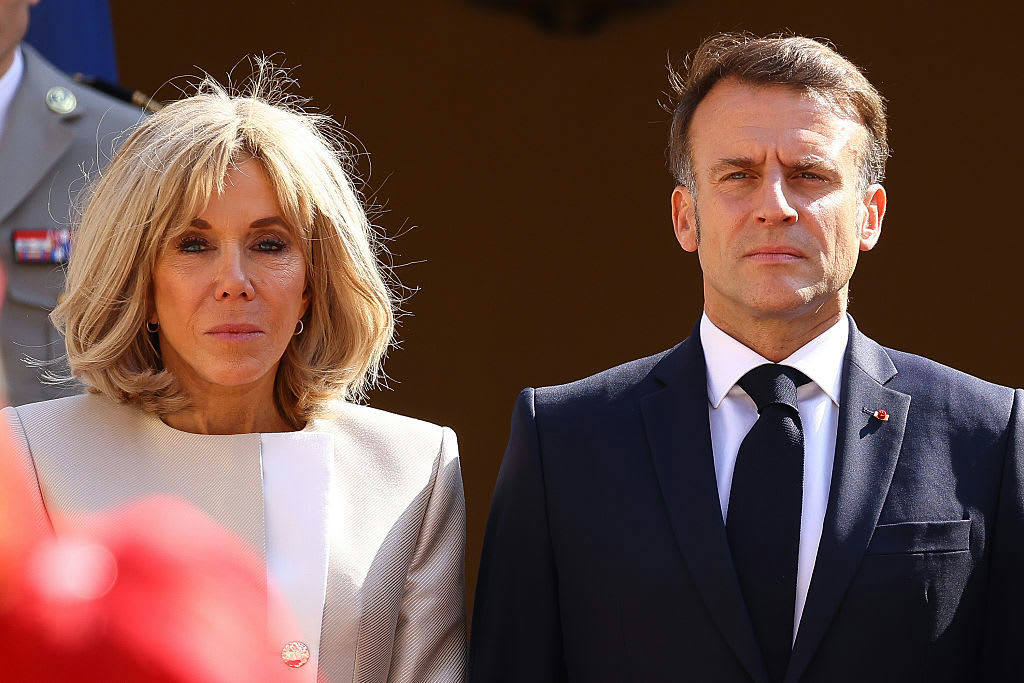France's Macron puts voting reform bid that sparked deadly unrest in New Caledonia territory on hold
Paris — While most of France is still reeling from President Emmanuel Macron's announcement of snap elections, in the far-flung French Pacific territory of New Caledonia, many people were heaving a sigh of relief on Wednesday. Macron announced that he was "suspending" proposed legislation that would have extended voting rights there to non-indigenous residents.
The plan to change the election rules prompted violent protests last month, leaving nine people dead, hundreds injured and causing considerable property damage. The unrest even drew a rare in-person visit by Macron to the territory, which is about 10,000 miles away from the French mainland. Hundreds of tourists were stranded for days as the clashes forced a closure of the airport in the capital Nouméa.
At a Wednesday news conference in Paris, the French leader said his decision on New Caledonia was taken to "give every chance to dialogue and a return to order" in the territory.
The bill aimed at reforming voter eligibility in New Caledonia was passed by both houses of France's parliament in April, and it was scheduled to go before a joint session of both houses before June 30 to gain final approval and become law. However, as Macron dissolved the lower house, the National Assembly, on Sunday when he announced the upcoming elections, he cannot recall the deputies to hold that required joint session.
"There can be no ambiguity during this period," Macron declared in his remarks Wednesday.
Earlier in the day, the Kanak Liberation Party led by members of the indigenous people of New Caledonia, said "our priority now must be rebuilding peace and social ties."
France has ruled New Caledonia since the 1800s, when it was a global imperial power, but many Kanaks still resent Paris' power over their islands and want fuller autonomy or independence.
Many were concerned that extending the right to vote to residents of New Caledonia who are not citizens, many of whom are from the French mainland or elsewhere in Europe, would further reduce their influence in the archipelago. Kanaks now account for just 41 per cent of the population.
There have been several referenda in New Caledonia over the years on the issue of independence from France. All have failed, and many Kanaks believe that is at least in part because the majority of voters are not Kanak and have stronger ties to the French mainland.
Last month's violence was among the worst since a major political crisis in the archipelago in the 1980s. In one incident in 1988, 21 people were killed during a lengthy hostage taking.
